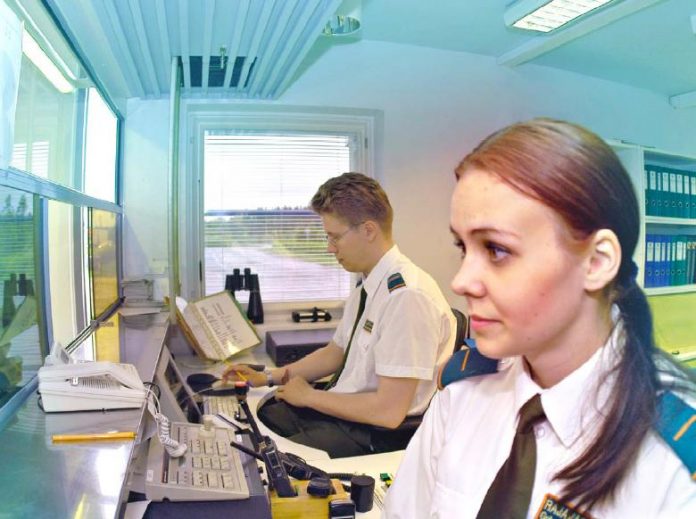New measures to improve data exchange between EU information systems for border, security and migration management were backed by the Civil Liberties Committee.
The measures, adopted by Civil Liberties MEPs on Monday, would facilitate the tasks of border guards, migration officers, police officers and judicial authorities by providing them with more systematic and faster access to various EU security and border-control information systems.
By enabling the exchange of data between the systems, they will become interoperable. The main elements approved are:
European search portal allowing simultaneous searches, rather than searching each system individually;
Shared biometric matching service for cross-matching fingerprints and facial images from several systems;
Common identity repository providing biographical information such as dates of birth and passport numbers of non-EU citizens for more reliable identification;
Multiple identity detector, detecting whether a person is registered under multiple identities in different databases.
Furthermore, MEPs ensured that proper safeguards will be in place on protecting fundamental rights and access to data.
The systems covered by the new rules would include the Schengen Information System, Eurodac, the Visa Information System (VIS) and three new ones: the European Criminal Records System for Third Country Nationals (ECRIS-TCN), the Entry/Exit System (EES) and the European Travel Information and Authorisation System (ETIAS).
“The proposals significantly improve the way EU information systems are used to enhance the security of European citizens, while at the same time safeguarding fundamental rights such as privacy. We are not collecting more data, we are simply using the existing data to its full potential,” said Rapporteur Jeroen Lenaers (EPP, NL).
“The proposed measures will address current weaknesses and shortcomings in information management. They will make it possible to clarify that the information provided is correct and complete. This is essential for protecting our external borders and improving internal security,” added Rapporteur Nuno Melo (EPP, PT).
The draft report on interoperability between EU information systems focusing on borders and visa was adopted by 45, to 10, with no abstentions.
The draft report on interoperability between EU information systems focusing on police and judicial cooperation, asylum and migration was approved by 45, to 9, with no abstentions.
The committee also approved a mandate to start informal talks with the Council, which can start as soon as Parliament as a whole gives its green light.

